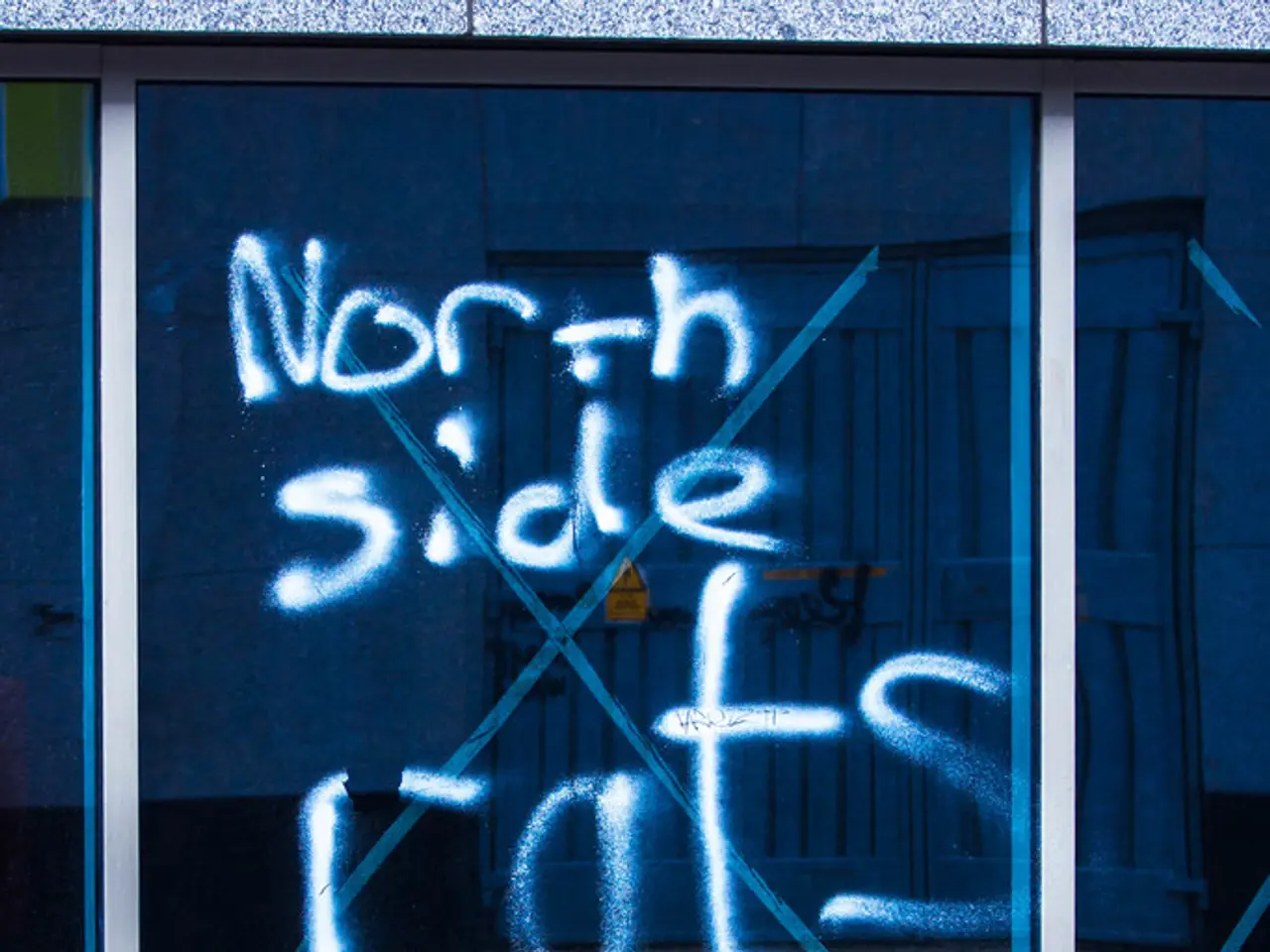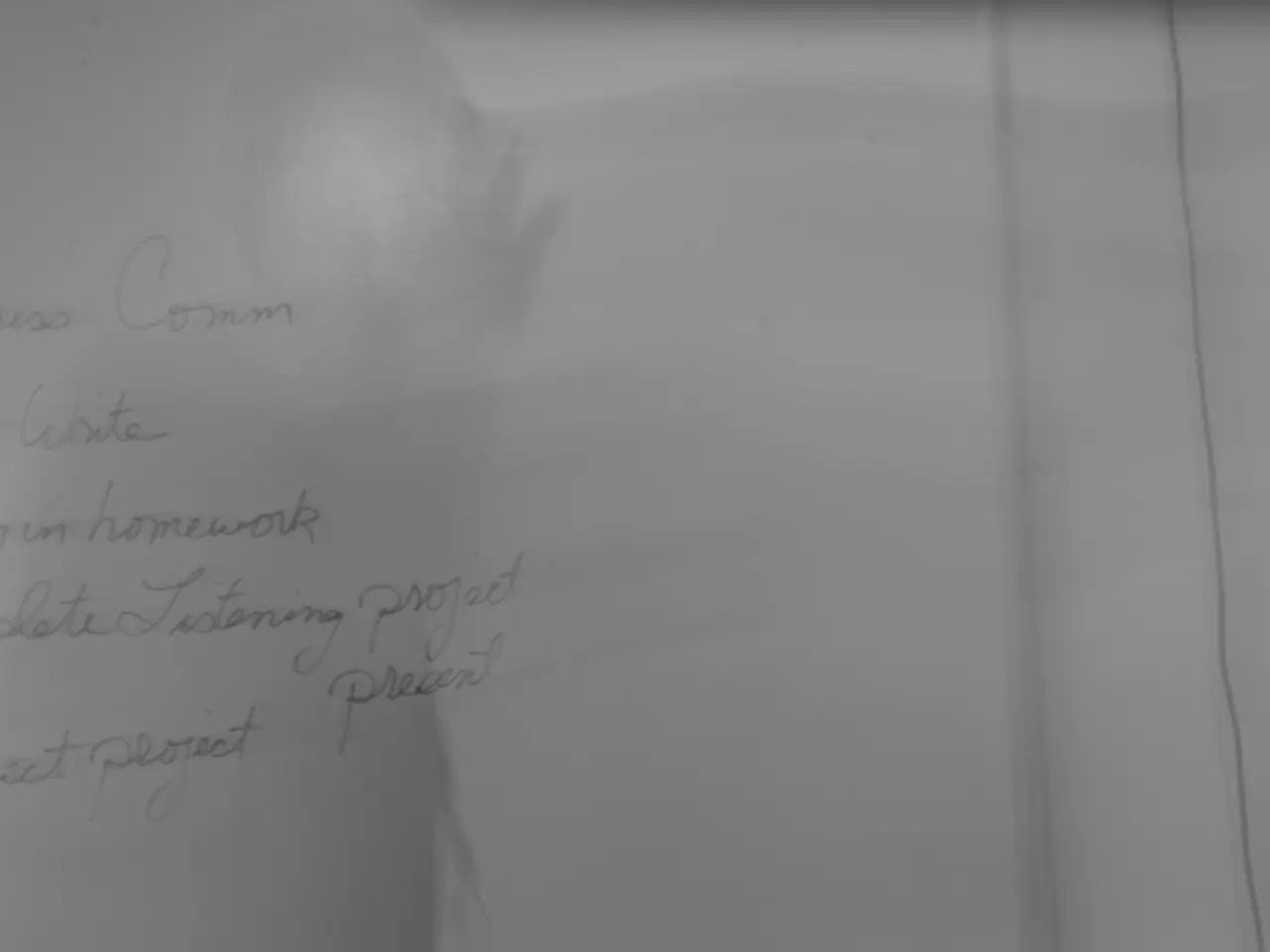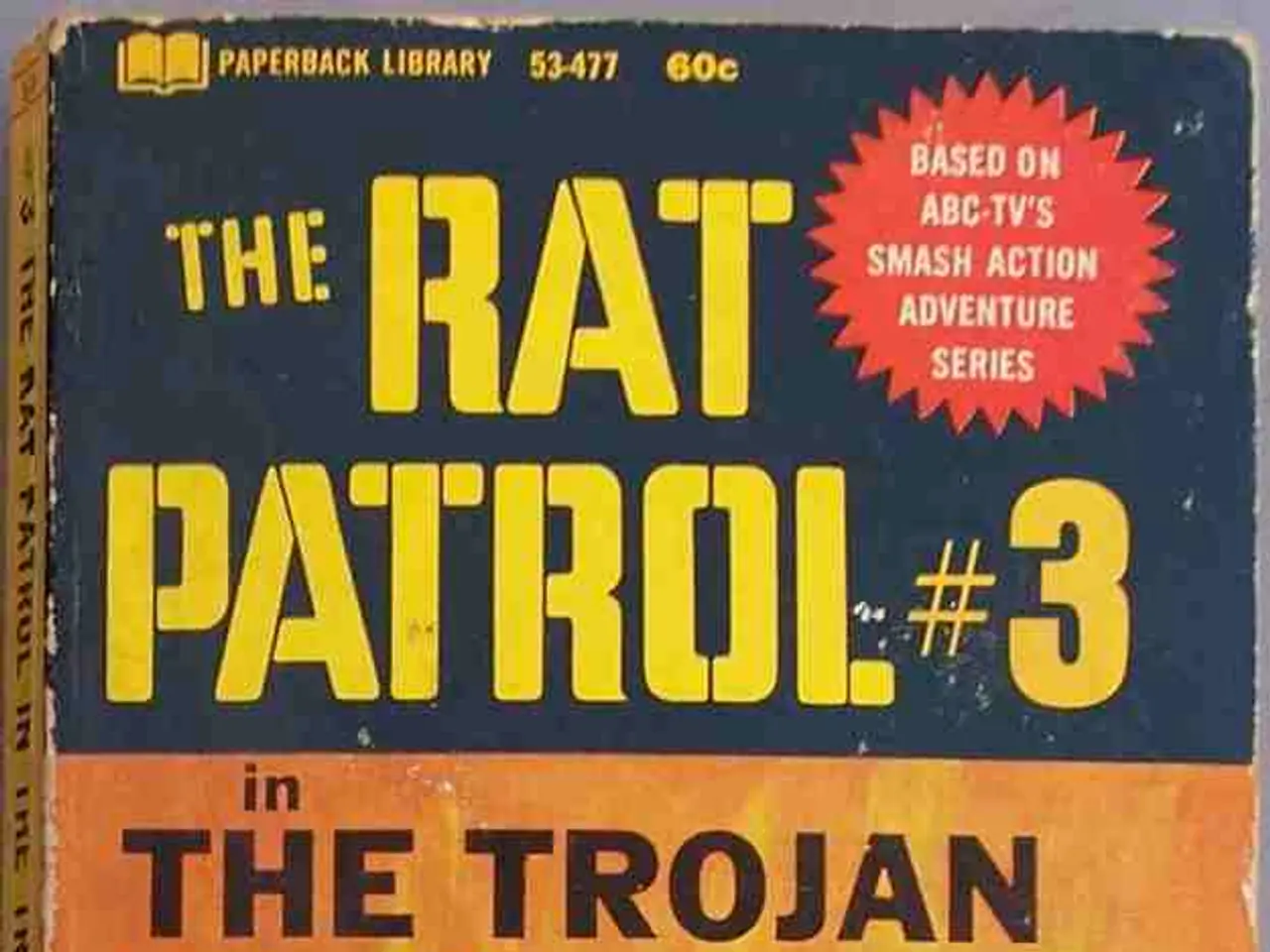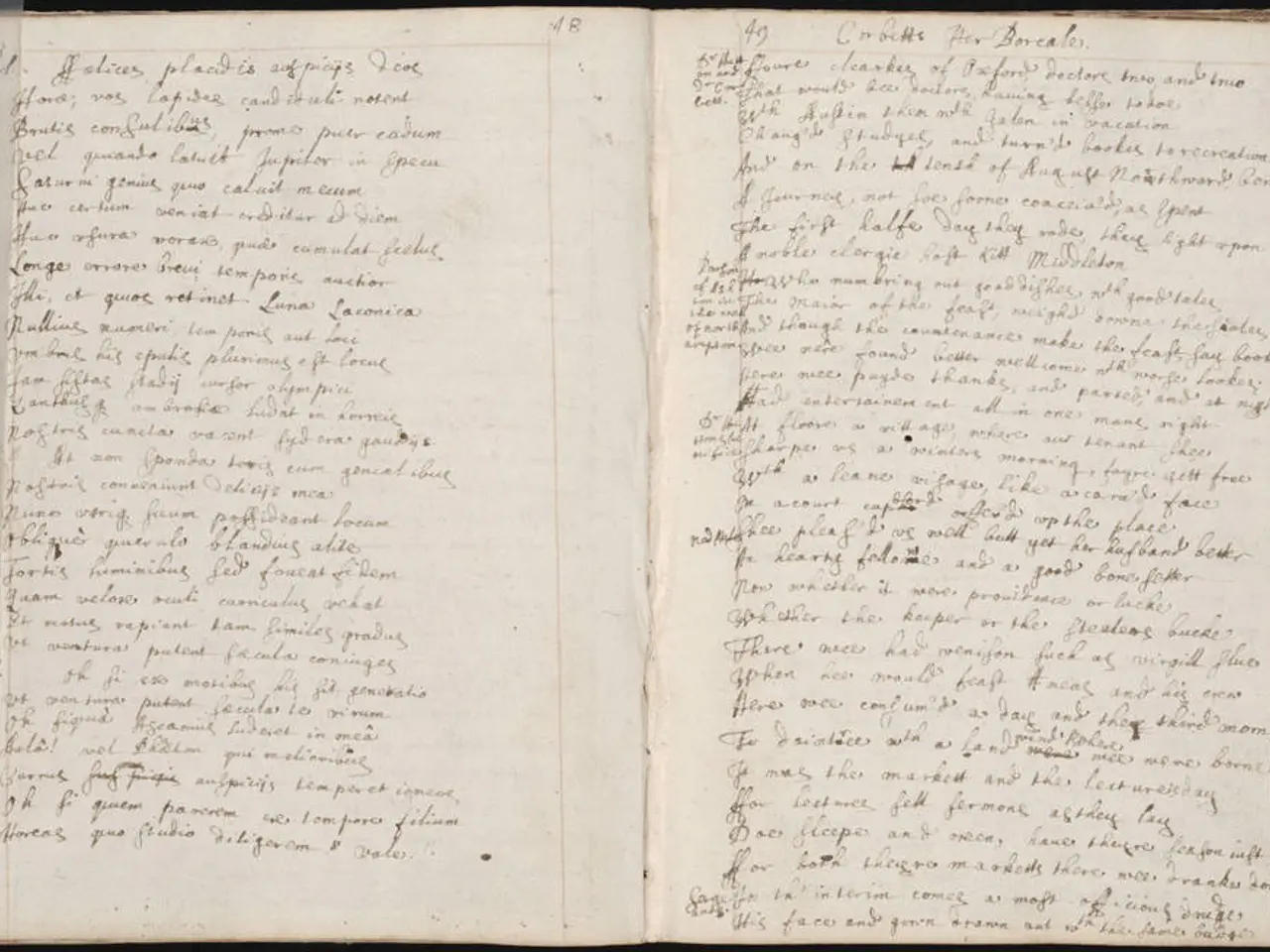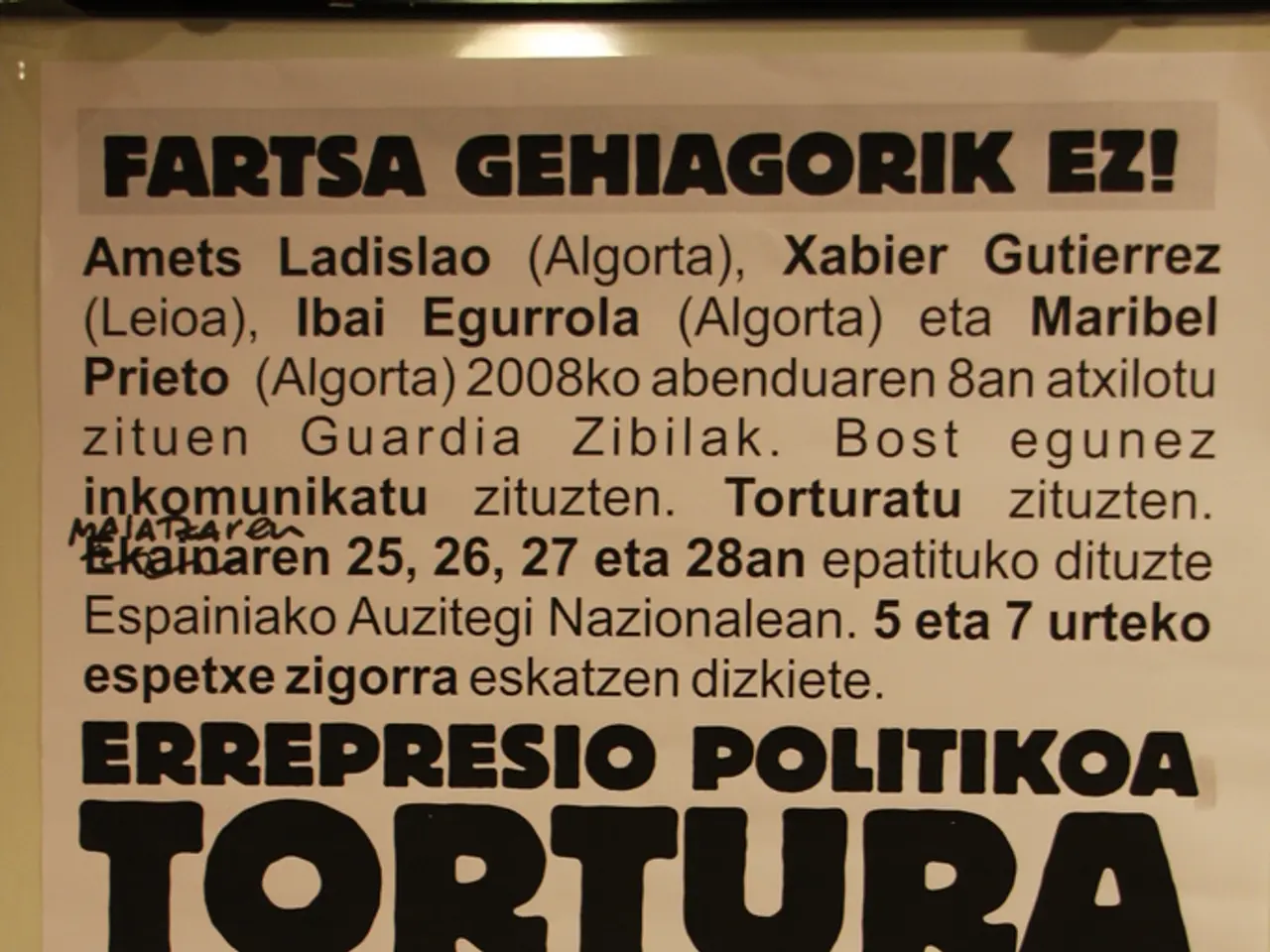Criticism of Poland's Migration Policy by German Journalists
Poland's current government, led by Prime Minister Donald Tusk, has announced plans to reintroduce and extend temporary border controls with Germany and Lithuania. This move is a response to irregular migration and Germany's practice of returning migrants to Poland under EU asylum rules. The controls, set to commence in July 2025, are intended to manage migration pressures and will initially last for 30 days but may be extended [4][3].
Tusk's government has criticized Germany's unilateral approach to returning migrants, describing it as one-sided and harmful. The Polish government questions whether some migrants returned by Germany actually entered the EU through Poland, showing a nuanced concern for both border security and fair burden-sharing within the EU [2].
This stance contrasts sharply with the more hardline, nationalist, and anti-immigration approach of the previous ruling party, Law and Justice (PiS). While Tusk’s government enforces border checks, nationalist rhetoric and actions like "citizen patrols" against migrants have been more prominent under PiS. Far-right leaders in PiS have accused Germany of deliberately bringing in immigrants and have praised grassroots patrols blocking migrant entry, criticizing Tusk’s government for not taking equally strong measures [2].
Despite these border controls, Poland has made changes to its immigration law to facilitate regulated labor migration, such as easing EU Blue Card qualifications for foreign workers, indicating a more structured approach to migration management under Tusk [1].
The Polish government has also reinstated a restricted zone on the border with Belarus to deter refugees and smugglers. This buffer zone, while smaller than the one established by PiS, raises questions about access for media and humanitarian organizations [5].
Recent events, such as an incident involving German officials transporting a family of Afghan migrants to Osinów Dolny in Poland, have sparked heated debate and contributed to the ongoing strain on EU relations [6]. Tusk has rejected the redistribution of refugees among EU countries, and right-wing politicians in Poland are stoking fears of migrant influxes on social media [7].
Defense Minister Władysław Kosiniak-Kamysz described the current situation as the most dangerous since World War II. The Ministry of National Defense has emphasized the heightened risk to Poland's borders [8].
As the debate about Poland's migration policies continues, Tusk's government seeks a balanced migration policy emphasizing border control and legal migration channels. However, this approach differs from the Law and Justice party’s more nationalist and anti-immigration posture, and German media has criticized Tusk for his reluctance to accept migrants from Asia and Africa [9].
References:
- Poland eases EU Blue Card qualifications for foreign workers
- Poland's Tusk criticises Germany over migrant returns
- Poland to extend border controls with Germany and Lithuania
- Poland's border controls comply with Schengen rules
- Access to the buffer zone raises concerns
- Incident involving German officials transporting Afghan migrants
- Right-wing politicians stoking fears of migrant influxes
- Defense Minister's warning of dangerous situation
- German media criticizes Tusk's reluctance to accept migrants
- The Polish government's new policy on migration includes proposals for managing border controls with AI technology to efficiently handle the increasing pressures.
- As the hot topic of migration continues to dominate the general news, debates on fair burden-sharing within the EU and the implementation of tough policies and legislation are intensifying.
- In spaces like football and European leagues, such as the Premier League, discussions on immigration and its impact on the sports industry have been gaining attention.
- Amidst rising concerns of war and conflicts, some argue that stricter migration policies may be necessary to prevent a surge in car accidents and crime-and-justice issues.
- In light of Tusk's government's stance on migration, it remains to be seen how its approach to policy-and-legislation will influence other countries reeling from war-and-conflicts.
- The House of Lawmakers, focusing on justice, war, and politics, has set up a committee to scrutinize the government's migration policies and practices, ensuring adherence to rule of law.
- Despite criticisms from far-right leaders about Germany's handling of migrants, fires and other emergencies may have occurred due to the inability of migrants to seek help or support.
- Poland's position on migration is becoming increasingly relevant as nations grapple with widespread changes, underscoring the significance of strong leadership and balanced policies in addressing these complex issues.
- As the EU continues to navigate through challenges like migration, the need for a collective, unified approach to policy-and-legislation is becoming more apparent in order to foster better cooperation and harmony among member states.
